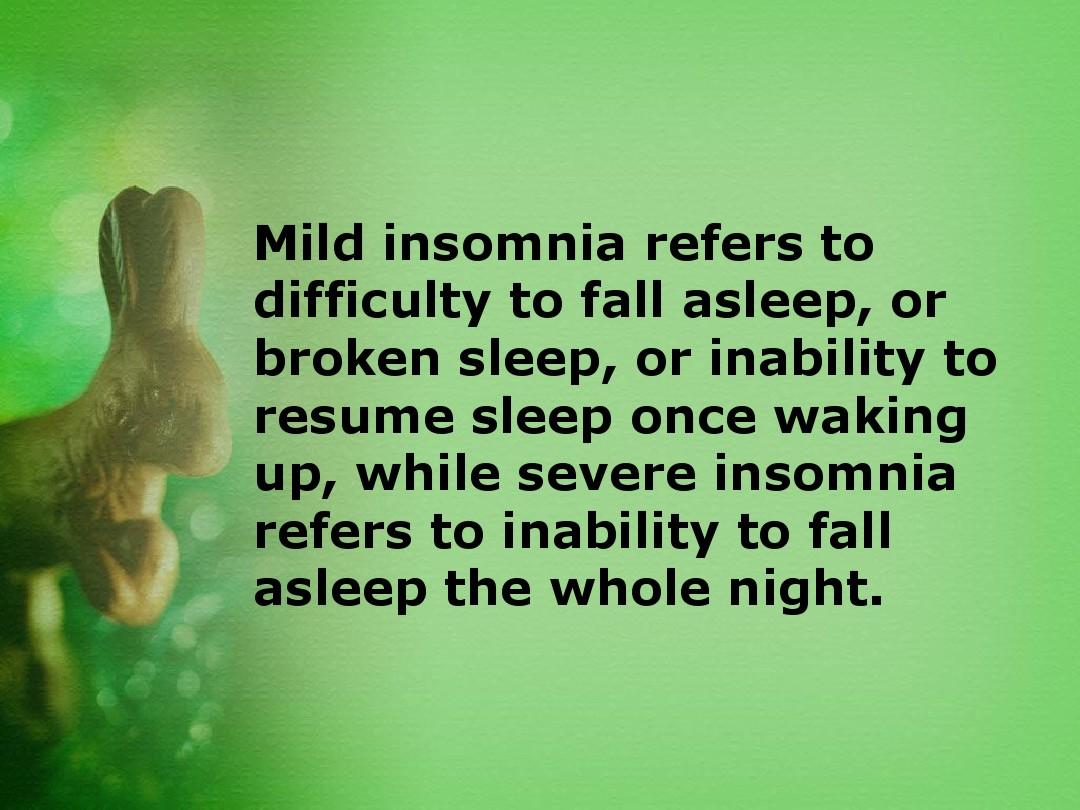The rise of down comforters and their influence on sleep quality
The rise of down comforters has significantly transformed the landscape of bedding industry. These products have become popular due to their exceptional qualities such as warmth, lightness, and comfort. However, the impact of down comforters on sleep quality is not entirely clear. While some studies suggest that they may enhance sleep quality by providing additional comfort and warmth, others argue that they may also affect sleep quality by triggering allergies or causing discomfort due to their bulkiness. Despite these mixed findings, there is no doubt that down comforters have become a significant part of many people's bedrooms and have transformed the way they sleep.
In recent years, down comforters have become increasingly popular among consumers, offering a lightweight and warm alternative to traditional bedding. However, with the rise of these products, concerns have also been raised about their impact on sleep quality. This article explores the pros and cons of down comforters and investigates whether they are indeed beneficial for sleep.
Firstly, let’s talk about the benefits of down comforters. One of the main selling points of these products is their weightlessness. Compared to traditional quilts or blankets, down comforters are much lighter, offering a comfortable layer of warmth without weighing you down. This can be particularly beneficial for those who find it difficult to sleep with heavy covers. Additionally, down comforters are known for their exceptional thermal properties, providing warmth in colder weather while keeping you cool in warmer temperatures. This adaptability to different weather conditions can contribute to a more comfortable sleep experience.

Moreover, down comforters are often praised for their luxurious feel and appearance. Many people find them visually appealing and enjoy the soft, plush texture against their skin. This aesthetic appeal can contribute to a more enjoyable bedtime routine and may even enhance the overall quality of sleep.
However, it is important to note that down comforters also have some potential drawbacks. One major concern is the issue of allergies. For some individuals, exposure to down feathers can trigger allergic reactions, causing symptoms such as nasal congestion, coughing, and itchy eyes. This can significantly affect sleep quality, disrupting the normal sleeping pattern. Additionally, down comforters may not be suitable for those with respiratory conditions such as asthma, as the feathers can trigger bronchospasms.
Another potential downside is the environmental impact of down comforters. Many consumers are now concerned about the environmental implications of using products made from animal parts. The production of down comforters involves killing birds and processing their feathers, which can have a negative impact on the environment. Therefore, it is essential to consider the environmental implications of using these products before making a purchase.

In conclusion, down comforters have both benefits and potential drawbacks in terms of sleep quality. While they offer a lightweight and warm alternative to traditional bedding, concerns about allergies and environmental impact must be taken into consideration. It is essential to evaluate your own needs and circumstances before making a decision about whether to use down comforters.
Articles related to the knowledge points of this article:
Is It Good for a 10-Year-Old Child to Sleep with a Down Comforter?
Title: The Useful Life Expectancy of Down Comforters
Title: The Ultimate Guide to Finding the Best Down Comforter: Everything You Need to Know
Title: The Best Feather Comforters in China



